Proudly South African
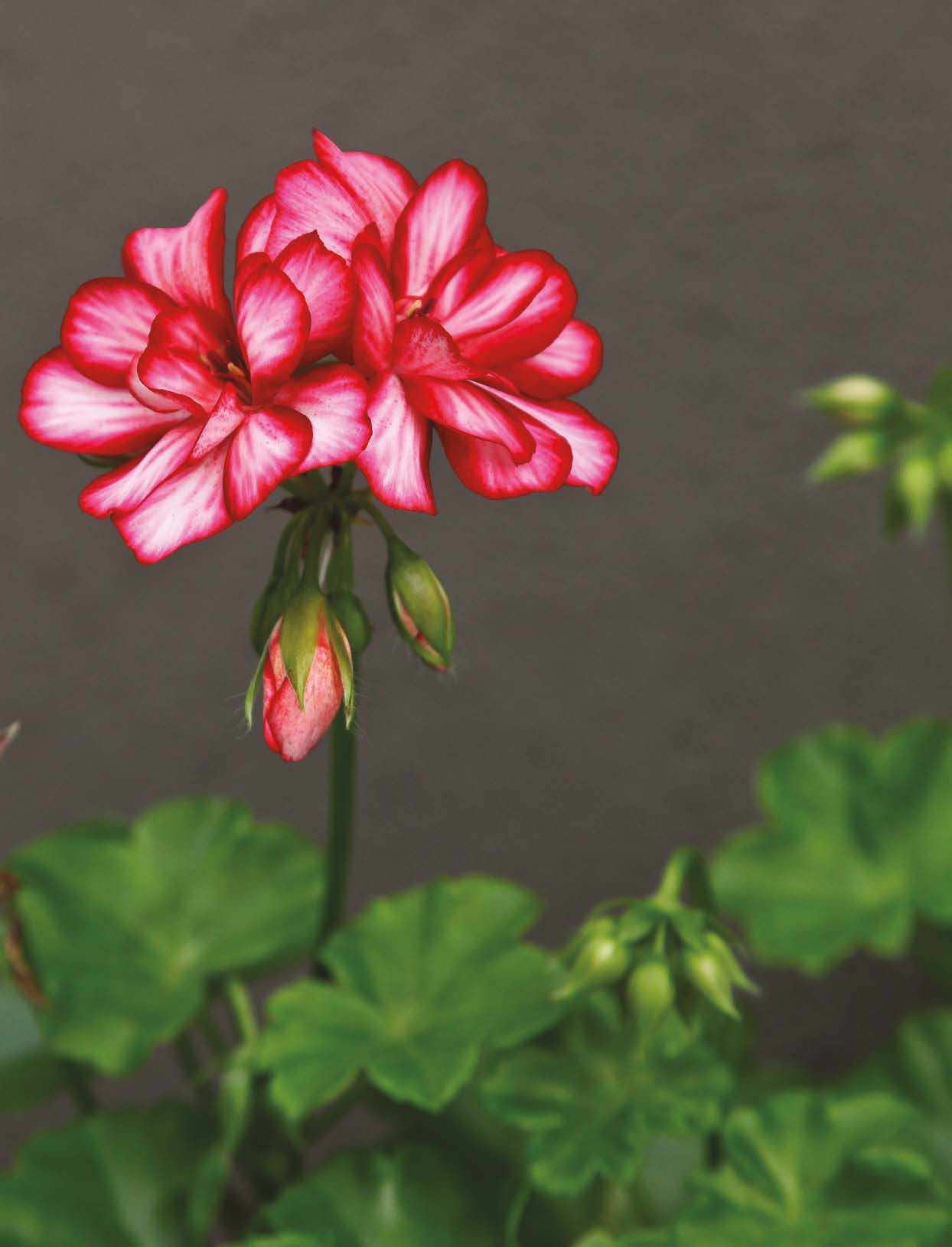
The genus Pelargonium consists of some 230 different species, many of which are of southern African origin. For the past three centuries they have been extensively bred, resulting in an array of flowering plants that are grown globally for their brightly coloured blooms borne over a long period. The common name ‘geranium’ causes some confusion in the plant world, but most gardeners use the term with familiarity and affection. Everybody knows a geranium but few realise that pelargonium is the correct name from a botanical point of view.
Classification
Despite the fact that there are so many different pelargoniums, those used in the garden are usually classified into four main groups depending on their lineage and growth habit. This makes it easy to identify the plants and to be able to grow them in the correct environment for them to perform successfully.
1. Ivy-leafed or trailing pelargoniums (Pelargonium peltatum)
Distinguishing characteristics include trailing stems with lobed leaves of firm waxy texture, almost succulent in appearance. Clusters of single or double flowers are produced on stems held above the foliage. Colours include white, pink, red, mauve and purple. Many bi-coloured hybrids are also available, mainly in red and white combinations.
2. Bush or zonal pelargoniums (Pelargonium zonale)
These are the most commonly cultivated pelargoniums of all and are often referred to as bush geraniums. Bushy shrubs with upright succulent stems, they have leaves that are rounded in shape and are green with a darker centre and a soft, velvety texture. Many variegated leaf forms can also be found. Flowers are single or double on stems above the foliage, and colours include white, red, scarlet, orange, pink and salmon.
This story is from the June 2017 edition of The Gardener.
Start your 7-day Magzter GOLD free trial to access thousands of curated premium stories, and 9,000+ magazines and newspapers.
Already a subscriber ? Sign In
This story is from the June 2017 edition of The Gardener.
Start your 7-day Magzter GOLD free trial to access thousands of curated premium stories, and 9,000+ magazines and newspapers.
Already a subscriber? Sign In

Fixing things in 2025!
One should start a new year by sitting firmly on one's throne, not breaking it and falling off!
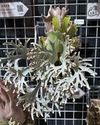
Silver staghorn ferns at platinum prices
When we think of a staghorn fern, Platycerium bifurcatum, which can be found in many South African gardens, usually comes to mind.

Tic Tac Toe
Keep children (and adults) busy for hours with this stylish game for the patio.
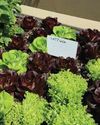
Let's change the way we think about food
Healthy food is all about preparing fresh ingredients in the simplest (yet tasty) way. Today's balanced diet includes lots of fiber, plenty of fruits and vegetables, and proteins in the form of meat, like lean pork. Keep it interesting, and you can't go wrong.

Grow Wayne's favourite things
Midsummer is when your garden is at its lushest. It's always playtime in the garden, and whether it's lying under a tree or finding more stuff to grow, gardens are our safe space for self-expression and joy.
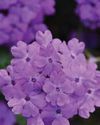
THE BEST OF SUMMER
Summer annuals offer more than just colour, texture, and variety in a garden.
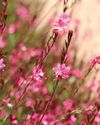
PLANT A COLOUR explosion!
Angelic angel wings and a dwarf morning glory can keep colour all around you from spring to autumn, and will be back to do it all over again next year...

SAVING TIME in the garden
Just like Jamie Oliver can teach us to cook a meal in 15 minutes, there are ways to garden in 15 minutes or less. Here are some of our top time-saving tips to make gardening easier, quicker and more fun.
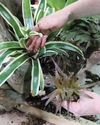
FUN PROJECTS for the New Year!
If you want a wow factor for your next party, try revamping a piece of driftwood into something amazing with these few steps.

Evolving for LONGEVITY
A continuously transforming garden has longevity, which is certainly true for the garden at Brahman Hills in the Midlands of KwaZulu-Natal.